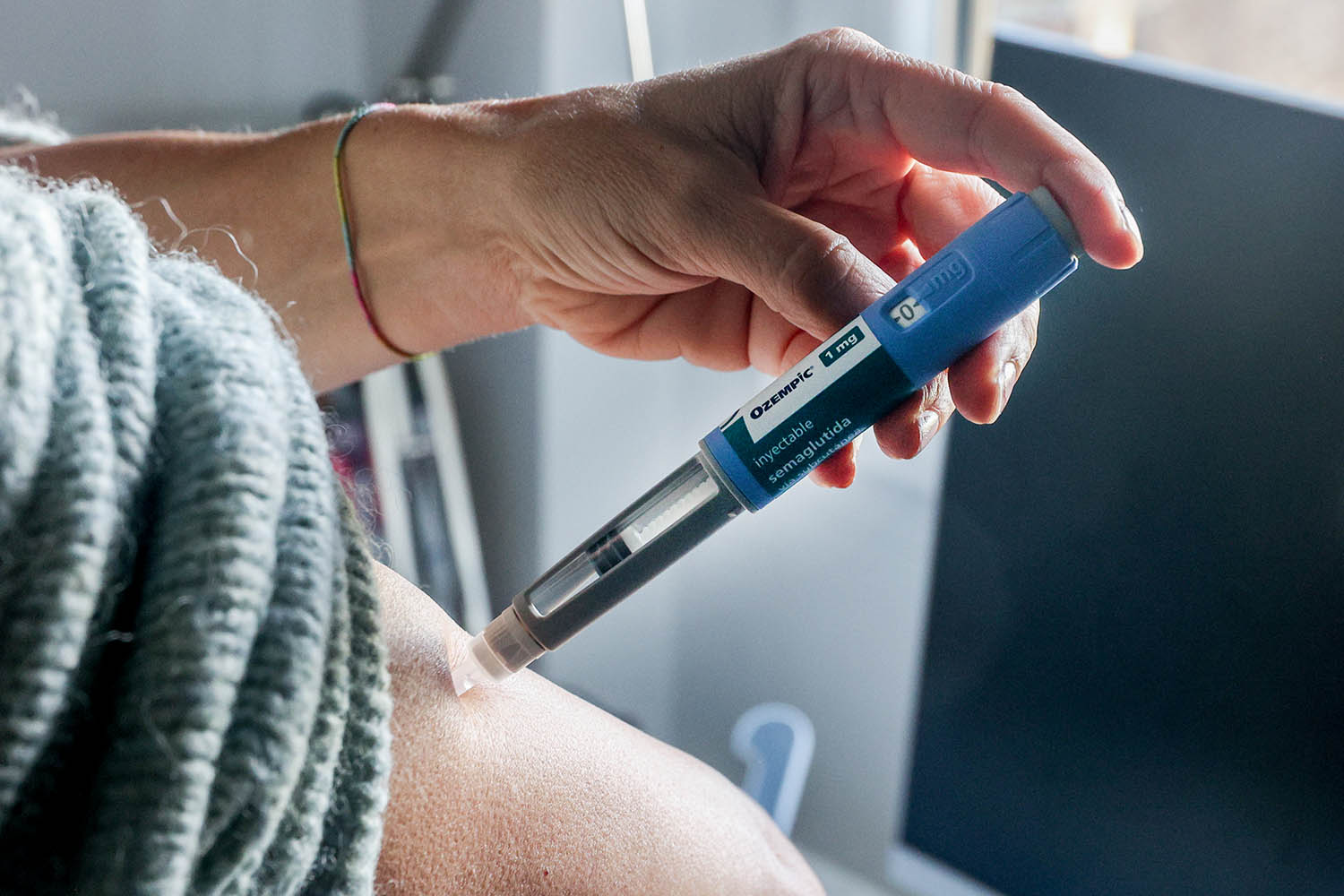
Weight-loss drugs designed originally to treat diabetes could have a ripple effect across the consumer economy if proven to dull cravings of all sorts.
This week, Novo Nordisk started a trial of “pre-obesity” use of its Wegovy anti-obesity drug.
So what? Novo Nordisk is trying to find out if it can stop obesity before it happens. If it can, the implications could strike at the heart of a consumer culture based on desire.
The trial focuses on three key aspects of the GLP-1 agonists class of drugs first approved in 2005 – of which Wegovy is one (and Ozempic is another):
- They help people lose weight by curbing hunger.
- They do this by regulating wanting food rather than liking it; the pleasure of the hunt rather than the pleasure of the feast.
- And research shows they have a similar effect on the desire for drink, drugs and nicotine.
Pre-want. If Novo Nordisk’s trials are successful and pre-obesity use of GLP-1 agonists becomes widespread, it’s conceivable humans could medicate the desire for food, booze, social media and cheap thrills into moderate and reasonable consumption. Addiction is built into social media, video games, sugar and shopping. People who were prescribed Ozempic for weight loss later found that other addictive behaviours, such as nail-biting or shopping, fell into sharp decline. What happens if we live in a pre-want economy?
Capitalism needs addicts. In October, Bloomberg ran a column headlined “Ozempic is Bad for Business” asking readers to imagine a drug that reduces consumption in general. “It makes the people… eat less food and drink less alcohol and buy fewer clothes and take fewer vacations and get fewer haircuts and consume less social media and click on fewer online ads and otherwise consume much less. This drug is fictional. But Ozempic is not fictional.”
This is already having an effect on the economy. It’s too early to draw definitive conclusions, but John Furner, CEO of Walmart’s US operations, recently revealed the company has compared customers’ prescription history with their food shopping patterns and found a “slight pullback in the overall basket” of food purchases as a result of the drugs – “just less units, slightly less calories”.
Time to short food? Executives at food manufacturers from Campbell Soup to Conagra Brands are fielding questions from investors about the drugs’ potential impact, the WSJ reports. Internal teams brainstorming ways to respond. In October, Barclays published a note advising clients to short fast-food chains and snack companies like McDonald’s and Kellogg’s. One analyst has estimated United Airlines could save $80 million a year on fuel if every passenger lost 10 pounds.
The wonder drug to save us all? GLP-1 (glucagon-like peptide 1) is a hormone that regulates the metabolism. GLP-1 agonists mimic its effect. This reduces obesity by stimulating insulin production, lowering blood-sugar levels and making you feel fuller faster. They also help regulate metabolism generally. One of the drugs’ inventors, Daniel Drucker, a professor of medicine at the University of Toronto, has researched GLP-1 agonists’ wider effects and suggests they also show promise for treating heart attacks, strokes and Alzheimer’s disease. Phase three trials for liver disease are already underway.
Possibly not. The drugs do have side effects in, on average, 80 per cent of users – mostly gastrointestinal, of varying severity, since glucagon-like peptides act on the gut. An Australian woman died this year after taking Ozempic before her daughter’s wedding and a number of lawsuits over side-effects are pending in the US.
There’s also the problem that even Drucker himself isn’t exactly sure of the mechanism of action: “If I could figure out how GLP-1 reduces heart attacks and strokes, and I knew where that magic was happening, maybe we could make even better,” he said in a recent release from the University of Toronto. Morgan Stanley has projected that 24 million people, or nearly seven per cent of the U.S. population, will be taking versions of these drugs in 2035. It’s an interesting research project. Ever feel like a lab rat?











